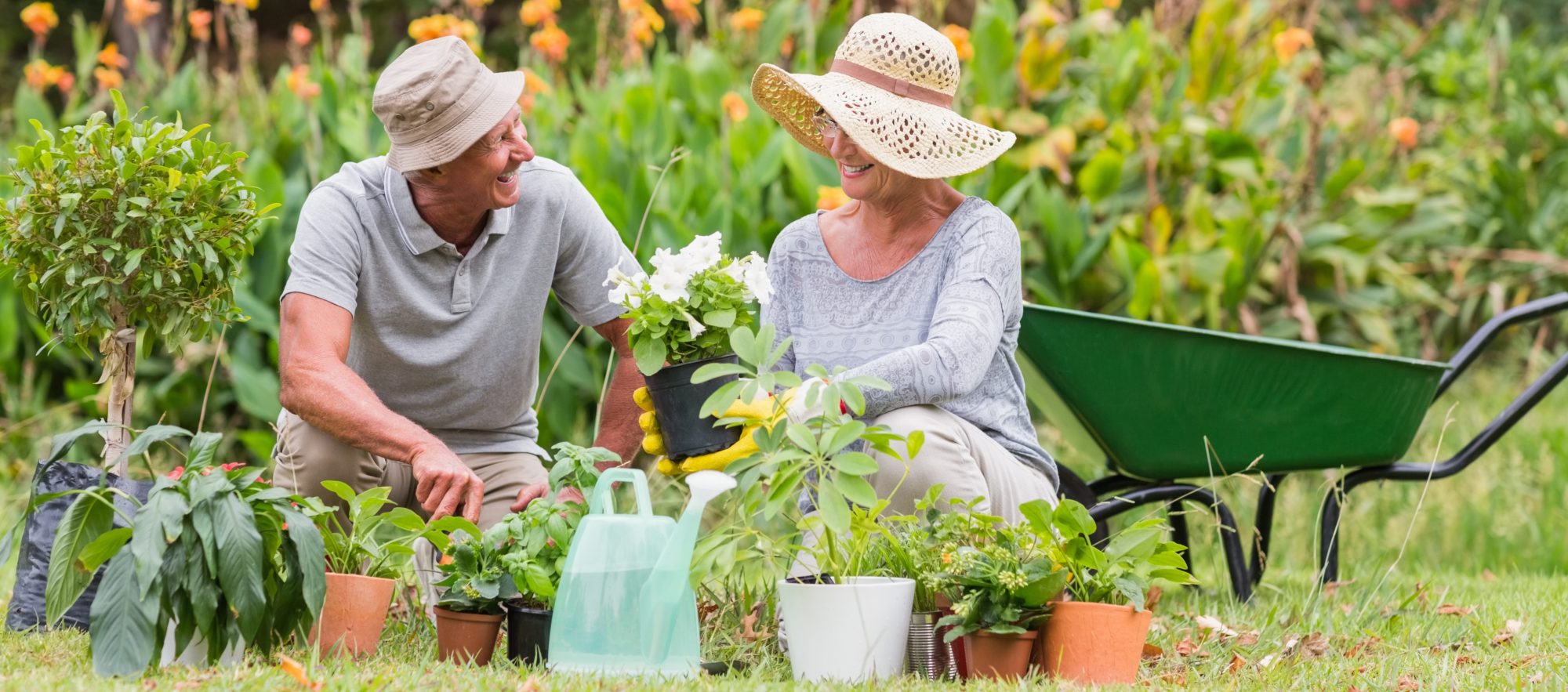Lasting Gardening Practices for an Eco-Friendly Garden
Lasting Gardening Practices for an Eco-Friendly Garden
Blog Article
Unlocking the Perks of Gardening: An In-depth Appearance at the Different Types and Their Influence On Wellness
Exploring the complex advantages of gardening discloses a spectrum of techniques that dramatically improve individual health. As we analyze these varied gardening strategies, it becomes obvious that their influence can reverberate on individual, social, and environmental degrees, triggering a closer look at just how these connections develop a cohesive story of alternative wellness.
Sorts Of Horticulture

Flower horticulture, another prominent classification, highlights the visual charm of cultivated blossoms. This type can enhance landscapes and advertise biodiversity by drawing in helpful pollinators. Herb horticulture involves expanding aromatic and culinary plants, contributing both to food preparation and natural remedies.
Container gardening deals flexibility, enabling people with restricted space to participate in horticulture by utilizing pots and planters. This technique is particularly prominent in urban setups. Raised bed gardening, on the various other hand, entails producing raised plots that enhance soil drain and ease of access, making it simpler for garden enthusiasts to manage their plants.
Last but not least, neighborhood horticulture promotes cooperation among people in common areas, advertising social communication and cumulative obligation. Each kind of gardening offers unique functions and satisfies various preferences, making horticulture a flexible activity that can be tailored to individual needs and atmospheres.
Mental Health And Wellness Advantages
Participating in different sorts of horticulture not just produces tangible incentives such as fresh produce and beautiful flowers however additionally supplies considerable psychological wellness benefits. Research suggests that gardening can be an effective device for minimizing tension, stress and anxiety, and clinical depression. The act of tending to plants and cultivating a yard cultivates a sense of objective and accomplishment, which can boost general emotional wellness.
Additionally, horticulture urges mindfulness, as it calls for individuals to concentrate on today minute, whether it be planting seeds or nurturing growth. This mindfulness technique can lead to minimized rumination and enhanced mood stability. The direct exposure to native environments during gardening has actually additionally been connected to improved cognitive functioning and reduced go to my blog sensations of fatigue.
Social interaction plays an essential role in psychological health and wellness, and community horticulture initiatives offer chances for people to connect with others, fostering a feeling of belonging. The common experience of horticulture can grow relationships and support networks, better bolstering emotional strength.
Physical Wellness Benefits
Many individuals may not realize that horticulture additionally supplies considerable physical health advantages. Participating in horticulture activities calls for a series of physical movements, consisting of flexing, training, excavating, and planting, which collectively add to enhanced stamina, versatility, and endurance. These actions can boost cardiovascular health by advertising a raised heart price, thereby minimizing the danger of cardiovascular disease.
In addition, gardening can work as a moderate-intensity exercise, assisting individuals attain recommended exercise levels. Studies suggest that routine engagement in gardening can shed significant calories-- about 200-400 calories per hour, depending upon the intensity of the tasks executed. Such calorie expenditure is valuable for weight administration and general metabolic wellness.
In addition, exposure to sunlight throughout horticulture can assist in the synthesis of vitamin D, which plays a necessary role in keeping bone health and wellness and sustaining immune function. Furthermore, the act of horticulture commonly entails dealing with dirt, which has been connected to prospective mental and physical health and wellness advantages as a result of the presence of advantageous microbes. Gardening.
Social Links Through Gardening
The public facets of gardening foster meaningful social links amongst individuals. Area gardens, specifically, act as dynamic hubs where individuals from diverse backgrounds come together, cultivating not just plants but also relationships. These common rooms pop over here encourage collaboration, allowing people to trade expertise, abilities, and sources, consequently enhancing their gardening experience and cultivating a feeling of belonging.
Interaction in horticulture tasks usually results in the formation of relationships and support networks. Participants often unite for typical goals, such as growing periods, harvest events, or academic workshops, which enhance interpersonal ties and produce a sense of area. Such communications can alleviate sensations of isolation and boost psychological health, as people have a peek at this website find companionship and camaraderie in common ventures.

Ecological Effect of Gardening
Gardening substantially contributes to ecological sustainability in several means. Home gardens give essential environments for numerous varieties, including pollinators such as bees and butterflies, which are essential for environment health.
In addition, gardens play a vital function in water conservation. Tactical landscapes, including native plants and xeriscaping, lower water usage and prevent drainage, thus protecting neighborhood waterways from pollution.
Verdict

The diverse types of horticulture-- consisting of vegetable, blossom, herb, container, and increased bed-- contribute to psychological and physical health and wellness, foster social links, and advertise environmental sustainability. By engaging in gardening practices, individuals can experience improved high quality of life while additionally supporting community bonds and environmental health.
Report this page